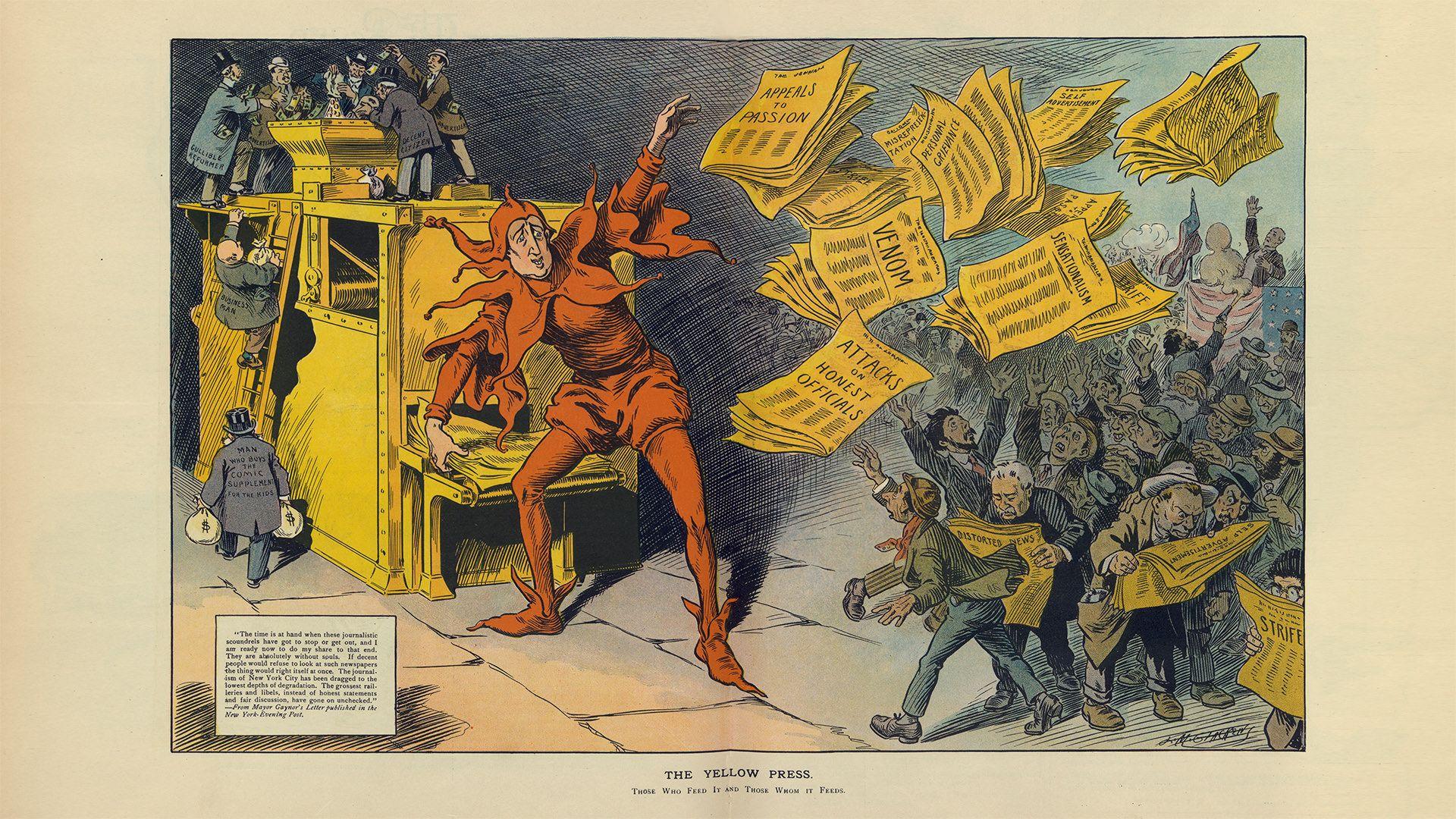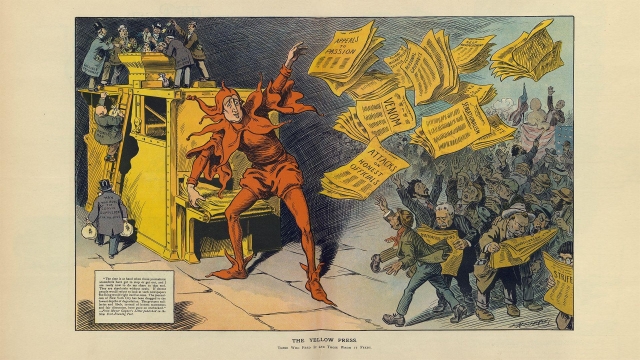
In a world where information can be manipulated and narratives shaped to fit agendas, independent journalism stands as a vital beacon of truth and transparency. It pulls back the curtain on power structures, shedding light on stories that may otherwise go untold. By prioritizing authenticity over sensationalism, independent journalists challenge the status quo, holding institutions accountable and giving voice to the marginalized.
The rise of independent journalism has marked a transformative shift in the media landscape. As traditional media outlets grapple with corporate pressures and dwindling trust, independent journalists have emerged, armed with a commitment to integrity and a passion for storytelling. Their work is not just about reporting the news; it is about amplifying voices that need to be heard, fostering civic engagement, and ensuring that democracy thrives through informed citizens.
The Essence of Independent Journalism
Independent journalism is characterized by its commitment to truth, transparency, and accountability. It stands apart from mainstream media, often unrestrained by corporate interests or political affiliations. This autonomy allows journalists to pursue stories that matter to the public and to hold those in power accountable without fear of censorship or reprisal. This dedication to unfettered reporting fosters an environment where diverse perspectives can emerge, and essential issues can be brought to light.
At its core, independent journalism seeks to empower communities by providing them with unmediated access to information. This type of journalism prioritizes grassroots reporting, enabling local voices to be heard over the noise of larger, more powerful media entities. By focusing on underrepresented stories, independent journalists shine a spotlight on injustices and inequalities that might otherwise go unnoticed. This grassroots approach not only enriches the public discourse but also cultivates a more informed electorate.
Moreover, independent journalism plays a critical role in fostering a culture of skepticism and inquiry among its audience. By challenging dominant narratives and encouraging critical thinking, this form of journalism inspires individuals to question assumptions and seek out the truth. In a world where misinformation can spread rapidly, independent journalism acts as a vital counterbalance, equipping the public with the tools necessary for discernment and informed decision-making. This commitment to fostering an engaged and informed citizenry is what anchors the essence of independent journalism.
Challenges Faced by Independent Journalists
Independent journalists operate in an environment that can be hostile and challenging. One of the primary hurdles they face is the lack of financial resources. Many independent outlets do not have the backing of large corporations or patrons, making it difficult to secure funding for investigative projects. This financial strain often limits their ability to pay staff fairly, invest in essential tools, or sustain long-term reporting initiatives that require extensive time and research. As a result, independent journalists may struggle to compete with larger media organizations that have more substantial financial support and infrastructure.
Another significant challenge is the threat of censorship and political pressure. Independent journalism often brings to light issues that those in power would prefer to keep hidden. This can lead to intimidation tactics, harassment, or even legal repercussions against journalists. Some independent reporters face continuous scrutiny, making them vulnerable to risks that can endanger their safety and freedom. This environment creates a chilling effect, where journalists might hold back from covering critical stories out of fear for their wellbeing or the consequences they might face for exposing inconvenient truths.
Democratic Freedoms
Furthermore, independent journalists must navigate the complexities of audience engagement in an increasingly crowded media landscape. With the rise of social media and the abundance of information available online, it can be challenging for independent voices to gain visibility and trust among the public. Competing against sensationalist news and misinformation can overshadow the important work done by independent reporters. Building a loyal audience requires ongoing effort in promoting their stories and establishing credibility, which is often a daunting task without the marketing resources that larger corporations possess.
The Impact of Independent Journalism on Society
Independent journalism plays a crucial role in enhancing transparency and accountability within societies. By operating outside the influence of corporate interests and government agendas, independent journalists can investigate and report on issues that are often overlooked or deliberately suppressed. This commitment to truth fosters an informed citizenry, which is essential for the functioning of democracy. When people have access to accurate and unbiased information, they are better equipped to make decisions about their lives and their governance.
Furthermore, independent journalism serves as a platform for marginalized voices that are frequently ignored by mainstream media. This inclusion is vital for creating a more equitable society, as it allows for diverse perspectives to be shared and understood. By highlighting the stories of individuals and communities often relegated to the sidelines, independent media can challenge dominant narratives and inspire social change. This not only enriches public discourse but also empowers individuals to become active participants in their own narratives.
In addition, independent journalism often acts as a watchdog, holding powerful institutions accountable for their actions. Investigative reporting can uncover corruption, injustice, and malpractice, ensuring that those in power are answerable to the public. This accountability is a cornerstone of a fair and just society, as it discourages abuses and promotes ethical behavior among leaders and institutions. The impact of independent journalism, therefore, extends far beyond the articles themselves; it cultivates a culture of scrutiny and vigilance that is essential for maintaining a healthy democracy.
